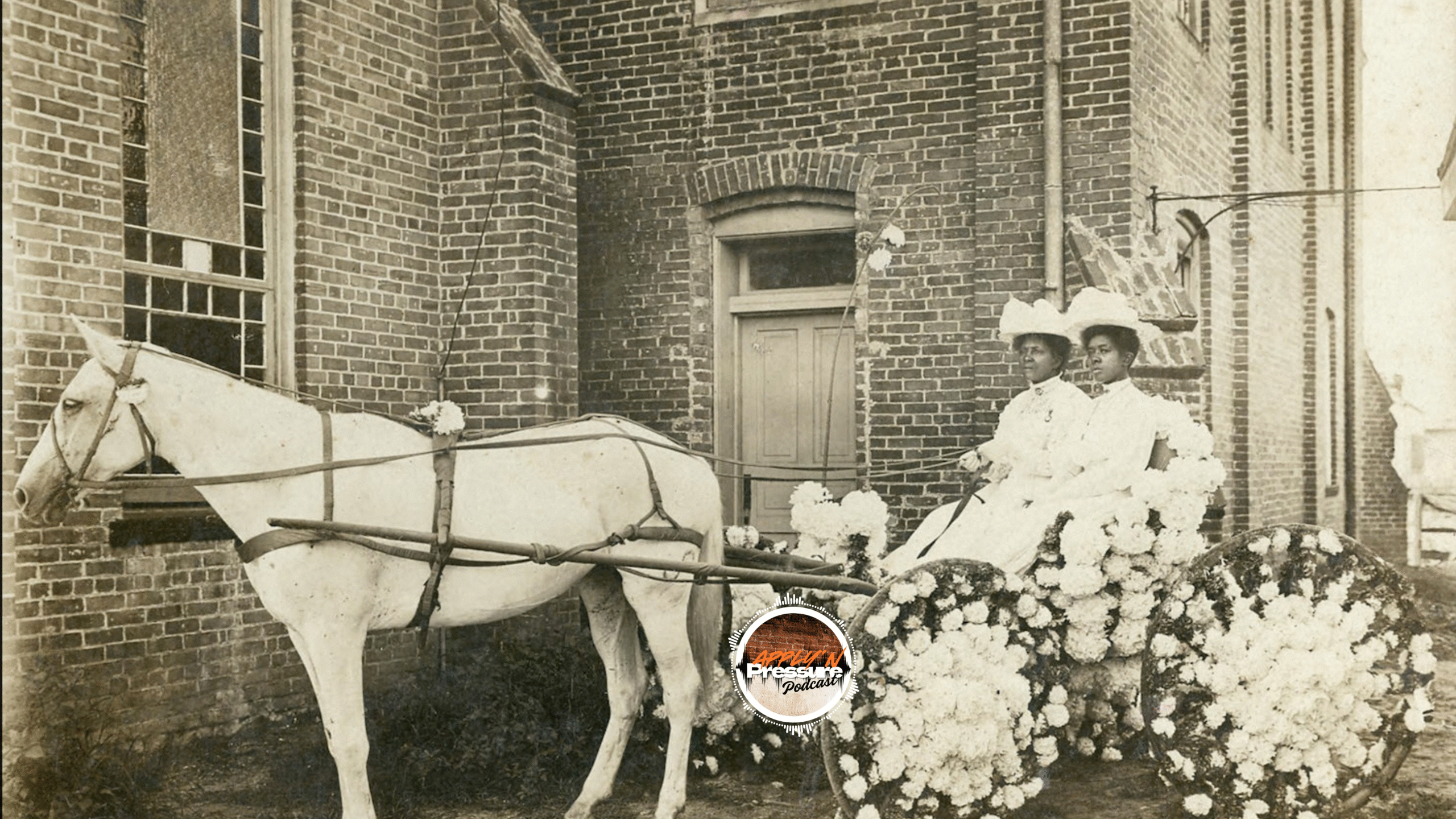
Juneteenth, celebrated every year on June 19th, marks a pivotal moment in American history—the day when the promise of freedom began to reach all corners of the United States. For Applyn Pressure Podcast, a platform dedicated to amplifying voices, breaking barriers, and inspiring action, understanding and honoring Juneteenth is essential. It reflects resilience, transformation, and the ongoing struggle for justice and equality.
The Birth of Juneteenth
The origins of Juneteenth lie in Galveston, Texas, on June 19, 1865. On that day, Major General Gordon Granger and Union troops arrived to enforce the Emancipation Proclamation, issued by President Abraham Lincoln on January 1, 1863. Despite this proclamation declaring enslaved people in Confederate states to be free, enforcement depended heavily on the presence of Union forces. Texas, distant from major battles and Union strongholds, largely ignored the decree for over two years.
General Order No. 3, delivered by Granger, finally brought the news of emancipation to the approximately 250,000 enslaved people in Texas. The order read, “The people of Texas are informed that, in accordance with a proclamation from the Executive of the United States, all slaves are free.” This moment signified a turning point but also underscored the delays and systemic resistance that have historically marred progress toward justice.
Juneteenth’s Early Celebrations
Following their emancipation, newly freed African Americans transformed June 19th into a day of reflection, celebration, and community. Early Juneteenth celebrations featured prayer services, music, feasts, and the reading of the Emancipation Proclamation. These gatherings provided a space to honor ancestors and reaffirm a shared commitment to freedom.
Despite these joyous commemorations, the path forward was fraught with challenges. The Reconstruction era promised progress but fell short due to systemic racism, violence, and discriminatory policies. Many newly freed people found themselves navigating sharecropping, voter suppression, and Jim Crow laws, which perpetuated cycles of oppression.
Survival Amid Suppression
For decades, Juneteenth celebrations persisted despite efforts to suppress them. In the early 20th century, economic hardships, racial violence, and the Great Migration, which saw millions of African Americans move from the South to other parts of the country, reshaped how and where Juneteenth was observed. Still, the spirit of the holiday endured.
Through church gatherings, community picnics, and cultural traditions, African Americans kept the essence of Juneteenth alive. These celebrations became acts of resistance, affirming dignity and humanity in the face of pervasive inequality.
Juneteenth in Modern Times
The civil rights movements of the 1950s and 1960s brought renewed attention to Juneteenth, linking the holiday to broader struggles for racial equality. In 1980, Texas became the first state to officially recognize Juneteenth as a holiday, sparking a national movement to honor the day.
In 2021, Juneteenth was established as a federal holiday, symbolizing a collective acknowledgment of its significance. However, this recognition has been accompanied by calls to address systemic inequities and disparities that persist today.
The Spirit of Juneteenth and Applyn Pressure
For Applyn Pressure Podcast, the story of Juneteenth resonates deeply. It’s a testament to the power of perseverance, the importance of community, and the necessity of challenging systems of oppression. The holiday embodies the spirit of “applying pressure”—taking deliberate action to create meaningful change.
Juneteenth invites reflection on how far we’ve come and the work still ahead. It’s a time to honor the sacrifices of those who came before, to celebrate the resilience of African American culture, and to recommit to the pursuit of equality.
Moving Beyond Symbolism
While Juneteenth is a celebration, it’s also a call to action. Recognizing the holiday on a national scale is significant, but true progress requires confronting systemic racism and inequality in tangible ways. From educational reform to criminal justice changes, health equity, and economic empowerment, there is no shortage of areas where pressure must be applied.
At Applyn Pressure Podcast, our mission aligns with the ethos of Juneteenth. By highlighting stories of innovation, resilience, and leadership, we aim to inspire listeners to contribute to a more just and equitable world. This holiday reminds us that change is not only possible but imperative.
Celebrating Juneteenth Today
Today’s Juneteenth celebrations are as varied and vibrant as the African American community itself. From parades and festivals to educational workshops and activism, these events honor history while envisioning a brighter future.
Music, food, art, and storytelling remain central to Juneteenth traditions, serving as expressions of joy and resistance. The holiday’s expansion into mainstream awareness also creates opportunities for broader conversations about history, race, and social justice in America.
A Legacy of Freedom and Hope
Juneteenth stands as a powerful reminder of the long road to freedom and the collective effort required to safeguard it. It’s a celebration of progress, a reflection on struggle, and a call to action.
As we honor Juneteenth, let us draw inspiration from its lessons and its legacy. Whether through personal reflection, community engagement, or systemic advocacy, we each have a role to play in shaping a future that embodies the ideals of freedom, equity, and justice.
For Applyn Pressure Podcast, every episode is an opportunity to amplify voices, inspire action, and challenge the status quo. This Juneteenth, let us recommit to applying pressure in pursuit of a more inclusive and equitable society. The journey continues, and the spirit of Juneteenth reminds us to move forward with hope, determination, and an unwavering belief in the possibility of change.
Source
